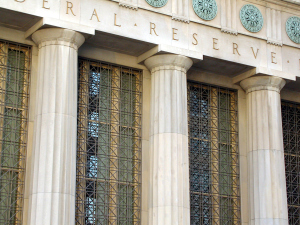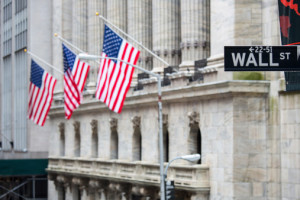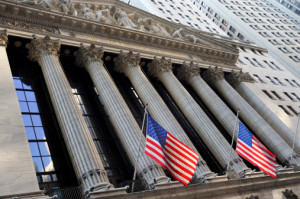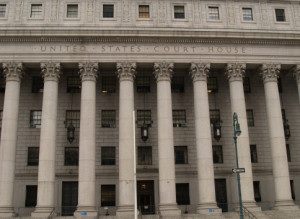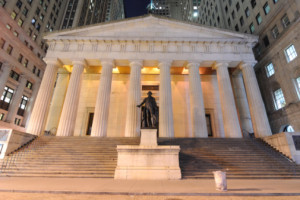Fed May Increase Capital Holding Requirement for Large Banks
In testimony before Senate, Federal Reserve official foretells changes to banking rules.
Increasing Financial Regulatory Predictability through Optimizing Business Strategy
Regulatory change requires companies to implement systems to analyze regulation.
The Enhanced Role of Economic Analysis in Securities Rulemaking
An SEC Commissioner and former Chief Economist explain the role of economic analysis in rulemaking.
Long-awaited Money Market Regulatory Reform Falls Short
The SEC’s new money market rule may actually increase the run risk for some funds.
Proactive Regulation
Policymakers should use statistical prediction to analyze social trends and prevent crises before they strike.
Why are financial systems prone to crisis?
Scholar analyzes the relationship between financial systems, crises, and regulation.
Regulatory Implications of Bank Securitization and Executive Compensation
Regulators should provide more stringent monitoring of bank securitization and CEO compensation.
The Shift to Prosecuting Companies Instead of Individuals
Federal prosecutors have made a subtle but important shift over the last 30 years to prosecuting companies and institutions.
Potential Reasons for the Dearth of Prosecutions
Alternative priorities and government ties to the conditions that caused the financial crisis could explain the lack of prosecutions.
The Department of Justice and the Prosecution of Fraud
The DOJ has excused the failure to prosecute high-level individuals for fraud on one or more of three grounds.
Who is to Blame for the Great Recession?
If the Great Recession was caused by fraud, the failure to prosecute those responsible is an egregious failure.
Why Have No High-level Executives Been Prosecuted?
The Regulatory Review features the remarks of Judge Jed S. Rakoff, delivered at the Institute for Law and Economics’s Distinguished Jurist Lecture.

